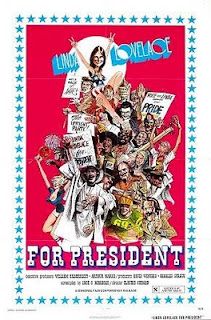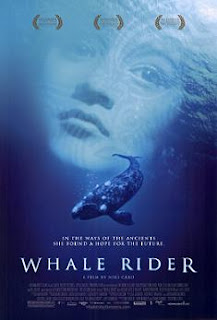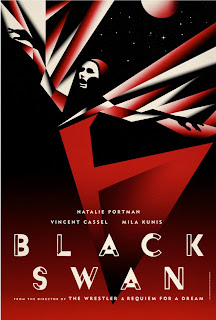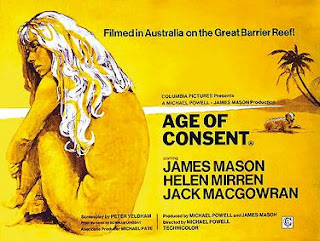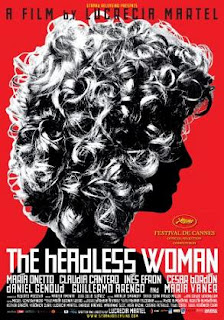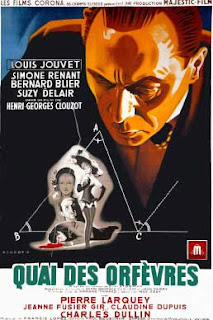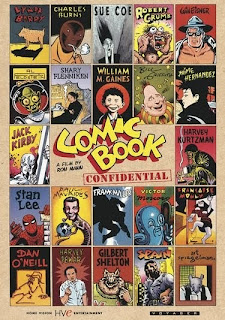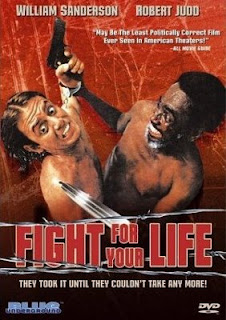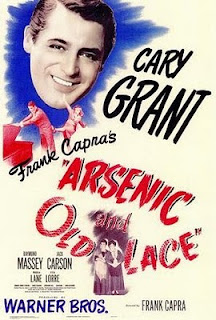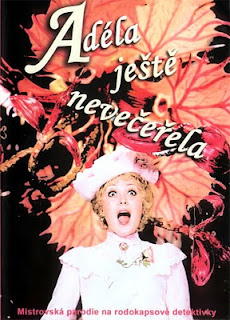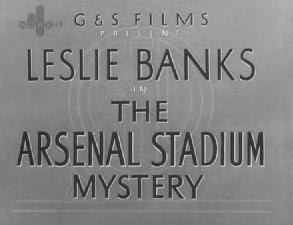AFED #31: The Girl Can't Help It (US, 1956); Dir. Frank Tashlin
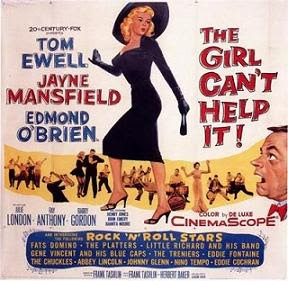
This is probably going to be brief because I'm exhausted and in danger of building up a backlog of unwritten reviews... So you're a middle-aged producer at a major Hollywood studio and you've noticed that all across America the kids are digging this new 'rock 'n' roll' craze. Sure, it's just a fad and won't last, but why not use it as the basis for a musical comedy? You could have all the big acts playing those rocking beats the kids love, then work the story around it. How about using it to launch that Mansfield broad? You know, the one who looks like a parody of Monroe? The fellas will go crazy for her! Yeah, she could be an aspiring singer. Only let's make it so all she really wants is to stay at home and be a housewife and mother, conforming to a nice safe, chauvinist stereotype. But we'll give her a mobster boyfriend who wants to make her a star. He can be a real putz! Okay, what about the leading man? He needs to be an older guy, ...

